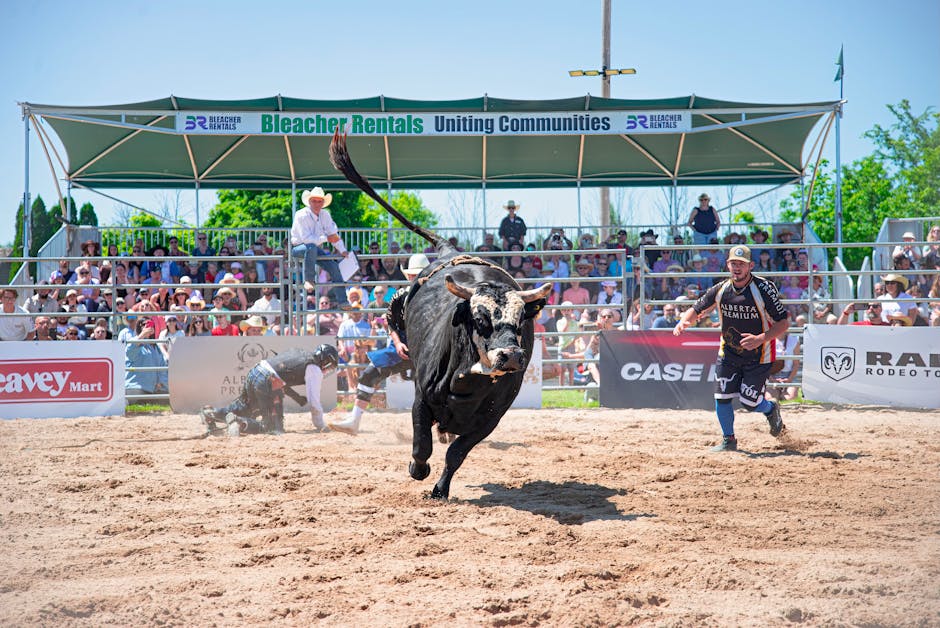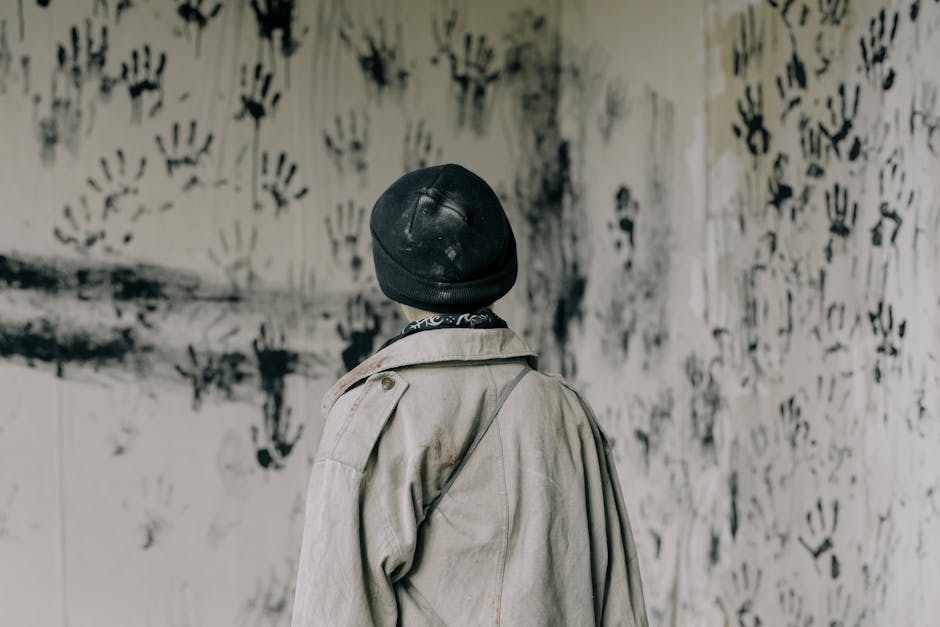A Picture, a Pub, and a Painful Past
What’s in a picture? For most, it’s a memory. But for a pub in Boston, a single framed photograph became the epicenter of a furious debate, pitting local history against human decency and forcing a community to confront the ghost of its most infamous son.
The establishment in question is the Eire Pub, a storied watering hole in the Dorchester neighborhood. The picture was a mug shot of James “Whitey” Bulger. And its presence on the wall ignited a firestorm.
Who Was Whitey Bulger?
For those unfamiliar with the name, Whitey Bulger was not just any criminal. He was a terrifying and brutal Irish-American mob boss who ruled Boston’s underworld for decades. As the leader of the notorious Winter Hill Gang, his reign was marked by extortion, drug trafficking, and a string of cold-blooded murders.
In a dark twist, Bulger was also a secret top-echelon informant for the FBI, using his protected status to eliminate rivals and consolidate his power. After 16 years on the FBI’s Ten Most Wanted Fugitives list, he was finally captured in 2011 and was killed in prison in 2018. This is the man whose mug shot was hung on the wall of a beloved local pub.
“A Slap in the Face” for Victims’ Families
The pub’s intention may have been to nod to a piece of Dorchester’s gritty history. But the decision to display the image of a convicted murderer was seen as a profound insult by those who still bear the scars of his brutality.
The families of Bulger’s victims were horrified. Patricia Donahue, whose husband Michael was murdered by Bulger in 1982, expressed her disgust to local media, stating the display was a “slap in the face” that glorified a monster.
For her and many others, that mug shot was not a historical artifact; it was a symbol of immeasurable pain and a haunting reminder of the man who tore their families apart. It represented a legacy of violence, not a piece of quaint local folklore to be romanticized over a pint of beer.
The Public Backlash and a Digital Firestorm
The backlash was swift and overwhelming. Social media erupted with critics condemning the pub for its insensitivity. Yelp and Google reviews for the Eire Pub were flooded with one-star ratings, not for the quality of its food or service, but for what many called a shocking lack of judgment.
The message from the community was clear: there is a line between acknowledging history and celebrating a killer, and the Eire Pub had crossed it.
At the heart of this controversy is a complex question: how should a society remember its darkest figures? Proponents might argue it’s simply acknowledging a part of the neighborhood’s history. But for the victims and the public, that argument holds no water. Glorifying a man who profited from fear is a dangerous romanticization of crime that reduces real-life tragedy to edgy decor.
A Lesson in Public Memory
Faced with mounting pressure, the Eire Pub did the right thing. The photograph was taken down. A manager confirmed that the pub did not want to cause any pain and had removed the image.
The incident serves as a powerful lesson. A mug shot is not just a picture; it carries the weight of a man’s crimes and the pain of his victims. While Whitey Bulger is undeniably a part of Boston‘s history, the uproar in Dorchester proves that the public has decided how he should be remembered: not as a local legend on a pub wall, but as a brutal criminal who left a legacy of suffering.




